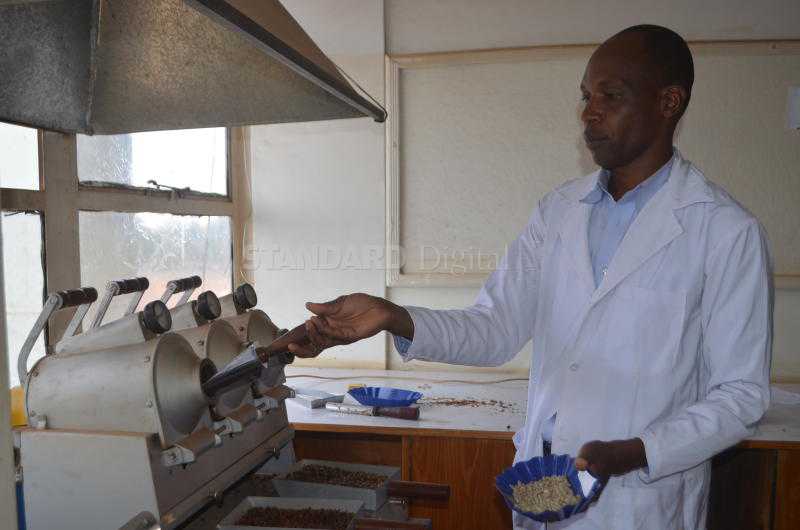×
The Standard e-Paper
Home To Bold Columnists

?Local farmers, with the help of the county government, have set up a Sh5 million laboratory for testing the quality of coffee.
Kirinyaga County Farmers Co-operative Union officials said the lab would ensure that their coffee met international standards, which would in turn translate to increased earnings.